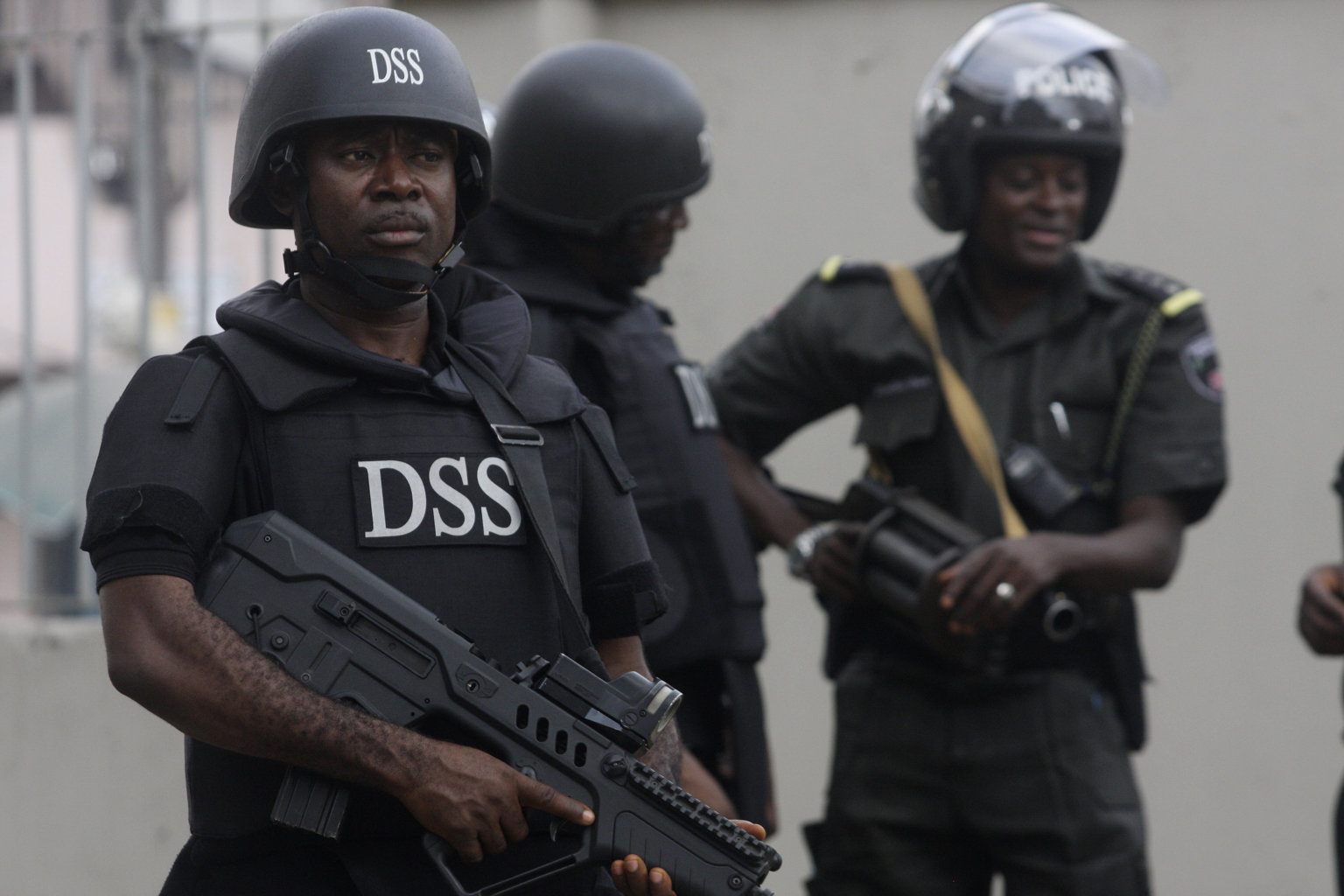The Department of State Services, DSS, has confirmed that Malam Tukur Mamu, former negotiator of victims kidnapped from a Kaduna-bound train March, is in custody.
Daily Trust had reported how Mamu was arrested at Malam Aminu Kano International Airport in Kano on Wednesday, September 7, 2022.
The Kaduna-based published who was first arrested in Egypt was detained for 24 hours before he was flown back to Nigeria.
Daily Trust observed that while the Egypt Air aircraft, which conveyed him and his family members, touched down in Kano around 1:55pm, he was immediately picked up.
DSS operatives were stationed at the entrance of the international wing of the airport several minutes before the aircraft landed.
Heavily armed operatives who were also in company of others dressed in mufti, were on guard at the entrance of the arrival section of the international wing of the airport where three vehicles – two hilux and one hiace- with Kano number plates parked by the entrance.
As passengers began to file out from the arrival section, one of the hilux moved forward while the luggage, presumably of Mamu and his family members. The luggage were loaded in one of the vehicles while the one which picked Mamu zoomed off.
In a statement, DSS Spokesman, Peter Afunanya, confirmed Mamu’s arrest, saying the agency was grilling him over security issues.
“The Department of State Services (DSS) has been inundated with enquires in respect of the arrest or otherwise of Tukur Mamu, the self-acclaimed Kaduna Train hostage negotiator. This is to confirm that Manu, as a person of interest, was intercepted by Nigeria’s foreign partners at Cairo, Egypt on 6th September, 2022 while on his way to Saudi Arabia.
“He has since been returned to the country, today, 7th September, 2022 and taken into the Service’s custody. The act followed a request by Nigeria’s Military, Law Enforcement and Intelligence Community to their foreign partners to bring back Mamu to the country to answer critical questions on ongoing investigations relating to some security matters in parts of the country. The public may wish to note that the law will appropriately take its course.”







